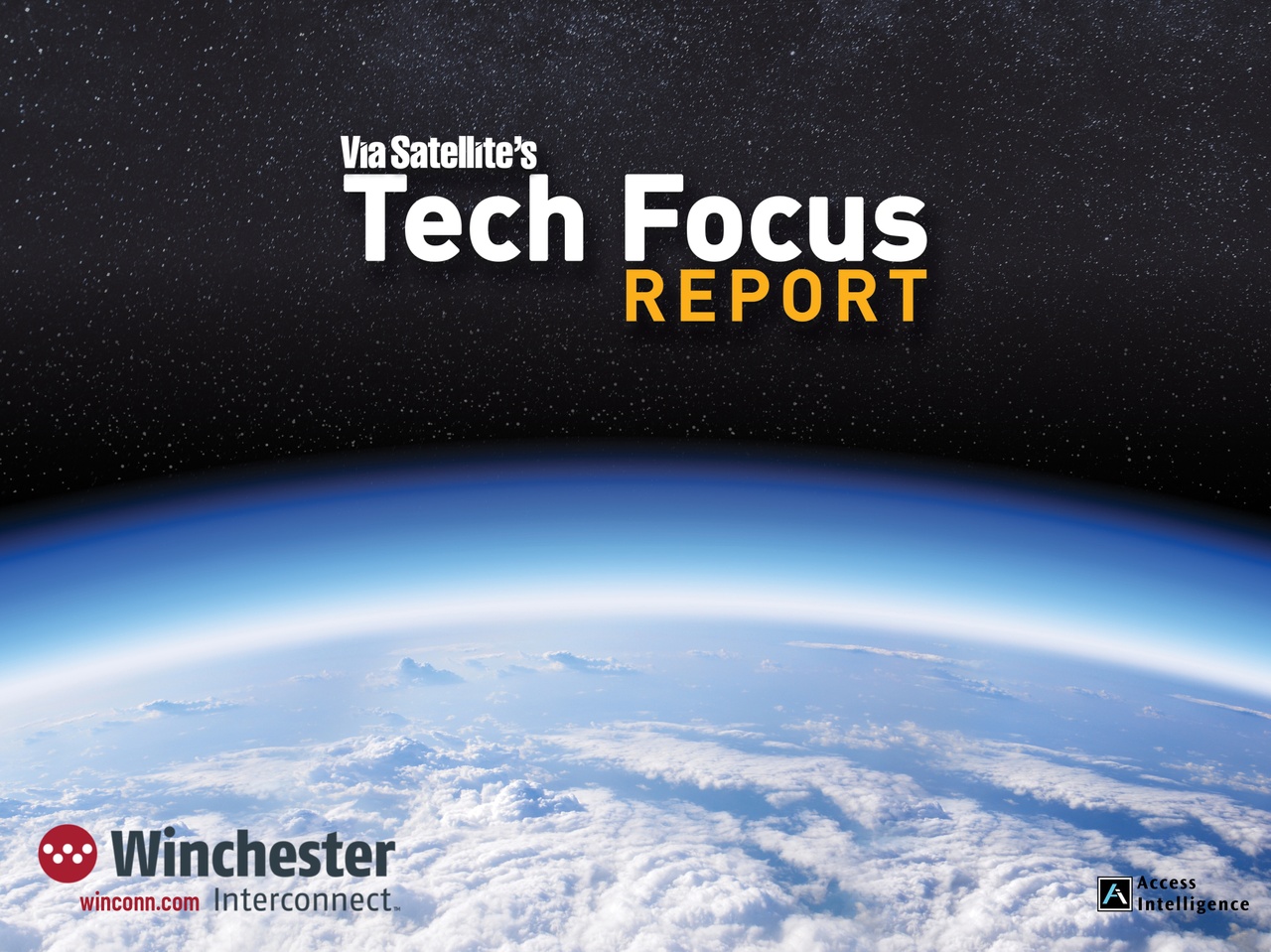
Darwin’s Dice: Incentivizing Responsible Behavior in Space
March 26th, 2024Human beings can be messy, selfish, and provincial when it comes to environmental responsibility on Earth. We leave rubbish behind us – and expect someone else to clean it up; causing damage without caring about the consequences. Our activities have significantly contributed to, if not caused, the globally recognized issue of climate change, and we struggle to achieve a balance between industrial growth and environmental sustainability.
As the pre-eminent sociobiologist Edward O. Wilson stated three decades ago: “Darwin’s dice have rolled badly for Earth. … Our species retains hereditary traits that add greatly to our destructive impact. We are tribal and aggressively territorial, intent on private space beyond minimal requirements and oriented by selfish… drives. Cooperation beyond the family and tribal levels comes hard… a sense of global responsibility will come too late.”
What hope do humans have of using and exploring outer space sustainably?
Recognition of Responsibility
Wilson continues by saying, as I agree, that the rules are slowly changing due to human and technological circumstances. We are incentivized to take more responsibility. Global crises are proliferating within the lifetime of the generation now coming of age. The timescale of crises is contracting due to rapid growth in human populations and technologies and substances negatively affecting the environment. We have a greater appreciation of our impact on the environment, and recognition that some damage is irremediable, much helped by media and live satellite images. In addition, publicity around UN COP meetings contributes to our understanding; and there is accountability through the perception of being constantly monitored by satellites.
Our job should be easier in space than Earth – there is no complex biological homeostat in space that we need to research and analyze. But arguably our territorial behavior in space has already taken precedence over considered cooperation.
To date, countries have registered radio frequencies with the International Telecommunication Union for over 1.7 million Non-Geostationary (NGSO) satellites that may be launched into orbit by 2030. Some believe we have already exceeded orbital carrying capacity.
The Role of Regulators
Regulators have responsibility for national activities and are obliged to authorize and continually supervise these activities. Regulators would be recommended to undertake due diligence covering technical, security, sustainability and other issues in their licensing considerations and to implement transparent, effective regulations meeting sustainability criteria, applying objective standards.
But this requires expertise and capability, which there is a general shortage of. As liability remains with the launching state, and states licensing satellite operations, regulators must understand and manage this liability. Significant implications can arise if due diligence is not undertaken effectively, or license conditions are not implemented appropriately. Standards can help here.
There is of course forum shopping, to avoid perceived onerous and time-consuming regulations; there will always be such a “race to the bottom.”
But recently we have seen a greater recognition of responsibility – a growing “race to the top” as operators understand that by licensing through a jurisdiction which takes due diligence obligations seriously, particularly liability and sustainability criteria, operators can obtain market access in other countries and improve their investment opportunities; incentivizing responsible licensing.
Incentivized Cooperation
So how do we manage and mitigate these traits and challenges and incentivize collaboration?
Transparency: It is in everyone’s interests to increase transparency, predictability and communication related to responsible behavior, building trust and confidence. These concepts are often spoken about but without concrete, defined measures. Objective international standards are such a measure.
Language: We are not good at using consistent language when discussing space matters. Through the Earth & Space Sustainability Initiative (ESSI) we are collating space sustainability standards, norms and guidelines. There is no consistent language between such documents and establishing it is challenging. Clear use of language will help reduce misunderstanding and miscalculations.
Cooperative projects: Trust and confidence are best established through collaboration. With the dawn of large constellations the need for communication and coordination between states is even more important, for example, where operations licenses for a constellation are obtained from different regulators and establishing liability between them is a challenge.
Practical and tangible solutions: ESSI has sought to develop and draft space sustainability principles to be comprised in formal objective standards, recognizing existing standards, closing gaps and ensuring a practical, industry-focused, holistic approach is taken – one recognized by the finance and insurance industries and implemented by licensing authorities, taking account of societal and cultural uses of space.
Incentivization: The UN Guidelines for the Long-term Sustainability of Outer Space Activities and standards need to be implemented at a national and commercial level. To do so, we are assessing internationally accepted incentives such as: new insurance models: a mutual model; and a collective model linked to sustainability criteria; having targets for debris removal – stimulating the active-debris removal (ADR) market; sustainability criteria linked to easier access to launch and orbital licensing and market access; and compliance with sustainability criteria linked to finance, access to insurance and lower/tiered liability and insurance requirements in licenses, seeking to incentivize a “race to the top” in regulation and standards through compliance with sustainability and environmental, social and governance (ESG) requirements.
Access to data: As Wilson knew, we need to understand the living world and catalog all living objects to begin to understand the world’s ecosystem. Similarly, we need to understand the space environment before we can make assessments or determine our actions and responsibilities. Sharing credible data is key as is the registration of objects.
Leading by example: The U.K. and other countries are leading by example on practical, tangible and measurable concepts, taking a multilateral approach. This includes working with objective, practical and holistic standards, understanding how these are applied by industry, the finance and insurance communities and in market access.
Humans may be destructive and aggressively territorial, but through recognizing our shared responsibility for our Earth-space ecosystem, which we live in, we can incentivize responsible behavior through access to finance, insurance, licensing and market access. VS
Joanne Wheeler is the Managing Director of Alden Legal







